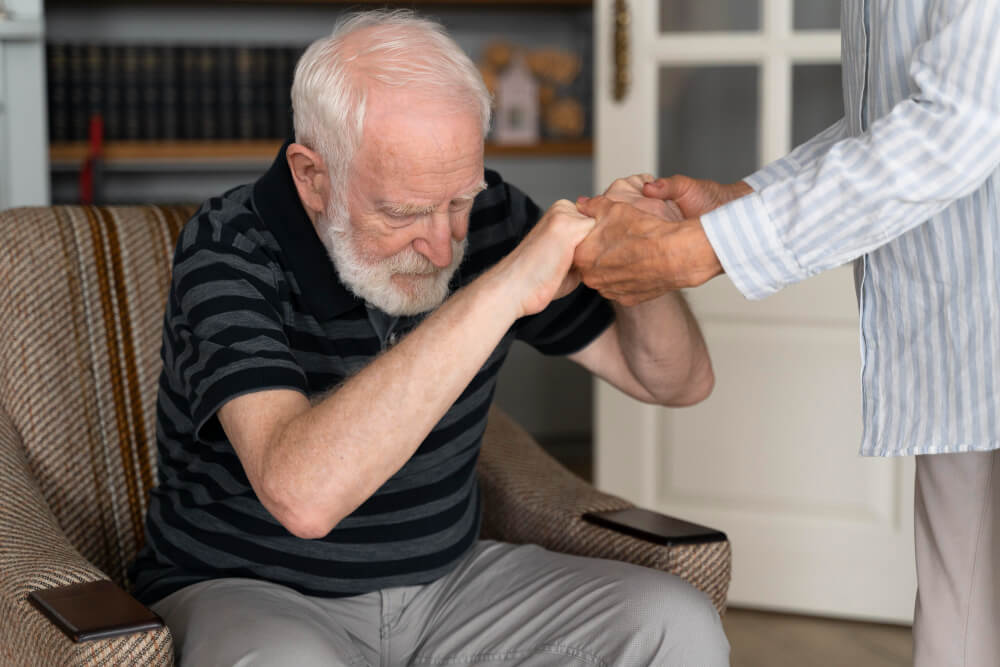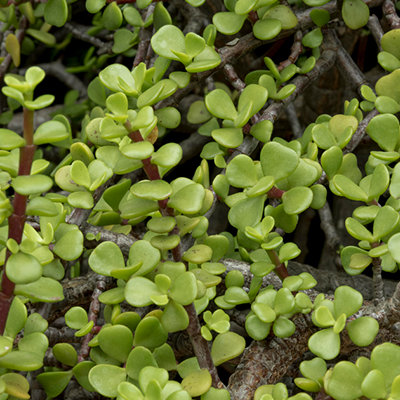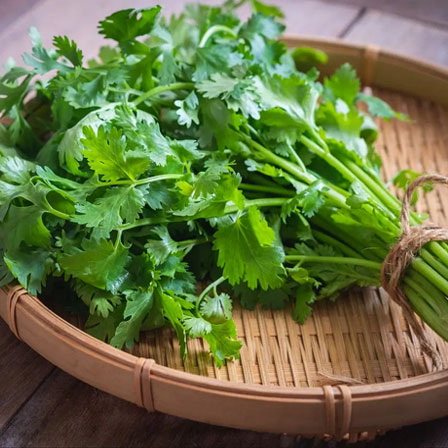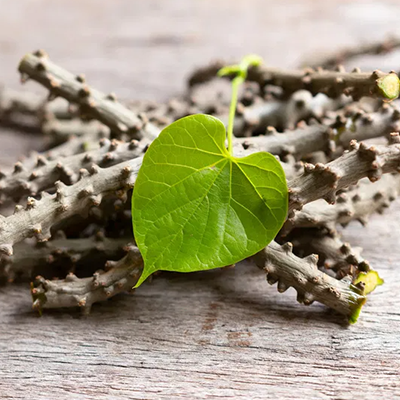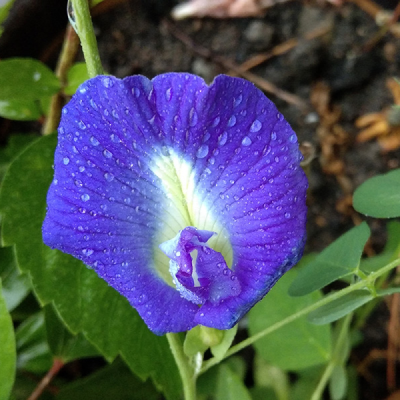Parkinson’s disease is a progressive neurodegenerative disorder that primarily affects motor function due to the loss of dopamine-producing neurons in the brain. It is named after Dr. James Parkinson, who first described it in 1817 as "Shaking Palsy."
Causes of Parkinson's disease
The exact cause of Parkinson's disease is unknown, but it likely results from a combination of genetic and environmental factors:
Neurodegeneration and Dopamine Deficiency
Parkinson’s disease occurs due to the loss of dopaminergic neurons in the substantia nigra, a part of the brain responsible for producing dopamine.
Dopamine is crucial for controlling movement and coordination. As dopamine levels decline, motor symptoms become apparent.
Genetic Factors
- About 10-15% of cases are linked to genetic mutations in genes like LRRK2, PINK1, PARK7, and SNCA.
- Family history increases the risk slightly.
Environmental Factors
- Toxins: Exposure to pesticides, herbicides, and industrial chemicals may increase risk.
- Head trauma: Severe head injuries may predispose individuals to Parkinson’s.
- Oxidative stress: Imbalance between free radicals and antioxidants can damage neurons.
Aging
- Parkinson's is more common in people over 60 years, as aging increases neuronal vulnerability.
Types of Parkinson's disease
Idiopathic Parkinson’s disease
- The most common type, with no identifiable cause.
Genetic Parkinson’s disease
- Associated with inherited genetic mutations.
Secondary Parkinsonism
- Caused by other factors like medications (e.g., antipsychotics), toxins, or brain injuries.
Atypical Parkinsonism
- Associated with other neurodegenerative diseases like multiple system atrophy or progressive supra-nuclear palsy.
Symptoms of Parkinson’s disease
Symptoms are classified into motor and non-motor symptoms:
Motor Symptoms (Cardinal Features)
- Bradykinesia: Slowness of movement.
- Tremor: Usually a resting tremor that begins in one hand.
- Rigidity: Stiffness of muscles, causing discomfort and reduced range of motion.
- Postural Instability: Impaired balance and coordination, leading to frequent falls.
Non-Motor Symptoms
- Autonomic dysfunction: Constipation, low blood pressure, urinary issues.
- Cognitive decline: Memory problems and dementia in advanced stages.
- Mood disorders: Depression, anxiety, and apathy.
- Sleep disturbances: REM (Rapid Eye Movement) sleep behaviour disorder, insomnia.
- Olfactory dysfunction: Loss of sense of smell, often an early symptom.
Diagnosis of Parkinson’s disease
There is no definitive test for Parkinson’s disease. Diagnosis is clinical and based on medical history, symptoms, and physical examination.
Neurological Examination
- Assessment of motor symptoms such as tremors, bradykinesia, and rigidity.
Imaging Tests
- MRI or CT scan: Rule out other causes like stroke or brain tumours.
- DaTscan: A specialized scan to assess dopamine transporter activity in the brain.
Response to Levodopa
- Improvement of symptoms with Levodopa (a dopamine precursor) supports the diagnosis.
Criteria
- Unified Parkinson's disease Rating Scale (UPDRS) is used to evaluate symptom severity.
Complications of Parkinson's disease
- Falls and Injuries: Due to postural instability.
- Swallowing and Speech Issues: Dysphagia and slurred speech.
- Dementia: In advanced stages.
- Depression and Anxiety: Common due to disease burden.
- Autonomic Complications: Urinary incontinence, constipation, and blood pressure fluctuations.
- Social Isolation: Due to reduced mobility and communication difficulties.
Ayurvedic Perspective of Parkinson’s disease
In Ayurveda, Parkinson’s disease correlates with "Kampavata", a disorder caused by vitiation of Vata dosha, particularly affecting the nervous system. The disease arises from an imbalance in Prana Vayu (sub-dosha of Vata responsible for neurological functions) and Kapha depletion in the brain, leading to dryness and degeneration.
Ayurvedic Treatment for Parkinson’s disease
Ayurvedic treatment focuses on pacifying Vata dosha, nourishing the nervous system, and rejuvenating tissues.
Panchakarma Therapies
- Abhyanga (Oil Massage): Use of medicated oils like Mahanarayan Taila and Dhanwantharam Taila to improve circulation and reduce rigidity.
- Shirodhara: Pouring medicated oil on the forehead to calm the mind and balance Vata.
- Basti (Medicated Enema): Nourishing Basti with oils or herbal decoctions to strengthen the nervous system.
Dietary Recommendations
- Include warm, easily digestible, and Vata-pacifying foods like soups, ghee, and whole grains.
- Avoid cold, dry, and processed foods.
Lifestyle Modifications
- Gentle yoga and pranayama to improve flexibility and calm the nervous system.
- Stress management through meditation.
Herbal Remedies
Ashwagandha (Withania somnifera)
Reduces stress, improves strength, and has neuroprotective properties.
Brahmi (Bacopa monnieri)
Enhances memory and cognition.
Mucuna Pruriens (Kapikachhu)
A natural source of Levodopa that improves motor function.
Guduchi (Tinospora cordifolia)
Boosts immunity and combats oxidative stress.
Shankhpushpi (Convolvulus pluricaulis)
Calms the mind and improves focus.
Ayurvedic Formulations
- Brahmi Ghrita: Enhances brain function.
- Ksheerabala Taila: For external and internal use to reduce tremors.
- Rasayana Therapy: Rejuvenative treatments to prevent further degeneration.
Parkinson’s disease is a complex neurodegenerative condition that significantly impacts quality of life. Modern medicine offers symptomatic relief through drugs like Levodopa and deep brain stimulation. Ayurveda provides a holistic approach by addressing the underlying imbalances in Vata dosha, promoting nervous system health, and enhancing overall well-being. An integrated approach combining modern and Ayurvedic treatments can provide the best outcomes for patients.


